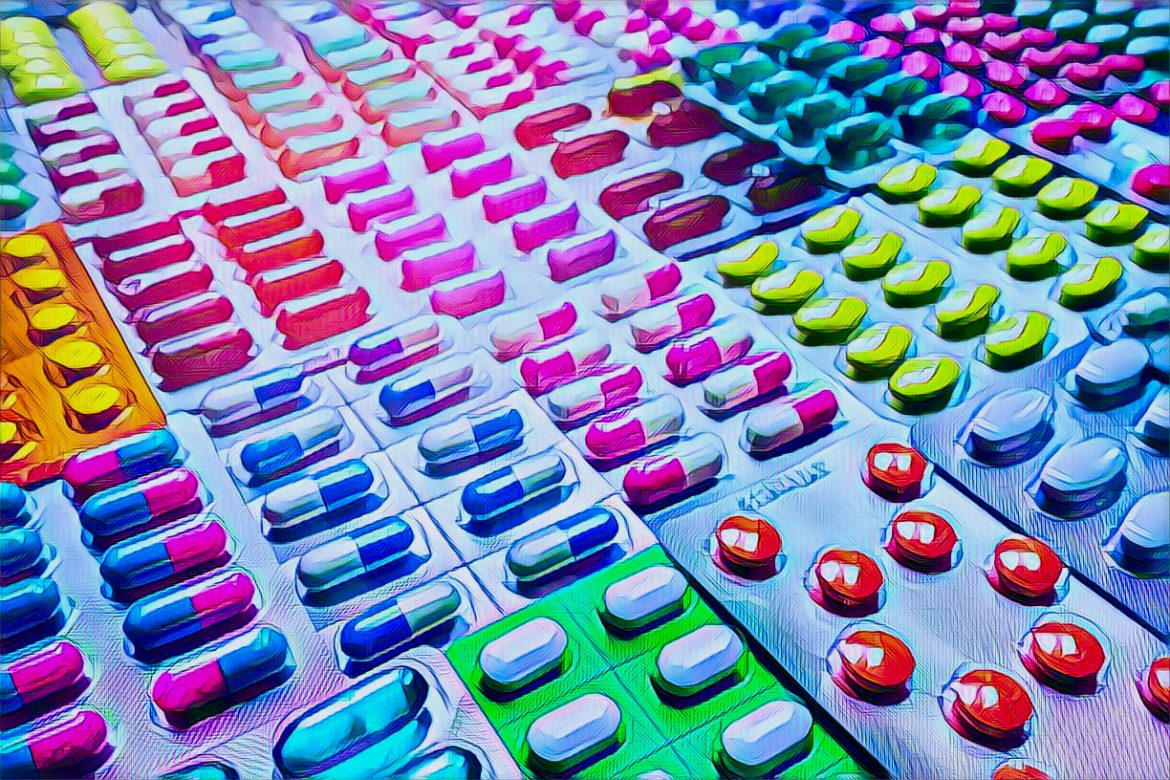Nigeria is facing a drug crisis as the value of medicines imported into the country rose by 68 percent to N81.8 billion in the third quarter of 2023, according to the latest data from the National Bureau of Statistics (NBS). This marks a sharp increase from N48.74 billion in the same period of 2022 and N64.38 billion in the second quarter of 2023.
The surge in drug imports is driven by the high demand for essential medicines in Nigeria, which has a population of over 200 million people and a huge burden of infectious and non-communicable diseases. However, the country’s pharmaceutical industry is unable to meet the local demand due to various challenges, such as the scarcity of foreign exchange, high import tariffs, poor infrastructure, and low capacity utilization.
As a result, Nigeria relies heavily on imports for most of its drug needs, with India being the top source of medicines, followed by the United States, China, France, and Germany. According to the NBS, Nigeria imported N33.68 billion worth of drugs from India, N15.3 billion from the US, N9.98 billion from China, N2.72 billion from France, and N2.41 billion from Germany in the third quarter of 2023.
However, the rising cost of importing drugs has put a strain on the affordability and accessibility of healthcare for many Nigerians, especially the poor and vulnerable. The naira has depreciated by over 40 percent since June, making foreign exchange more expensive and scarce. This has led to some pharmaceutical companies exiting the country, such as GlaxoSmithKline and Sanofi, which have ceased their operations in Nigeria and adopted a third-party distribution model, respectively.
The exit of these multinational companies has also reduced the availability and quality of some drugs, such as antibiotics, which are vital for treating bacterial infections. A report by SBM Intelligence, a research and data analytics firm, revealed that the price of Ampiclox, an antibiotic produced by GlaxoSmithKline, soared by 1,390 percent between 2019 and 2023, making it the most expensive antibiotic in the market.
The high cost of drugs has also affected patients with chronic conditions, such as diabetes, who need regular and consistent medication to manage their blood sugar levels and prevent complications. Abiola Oduwole, a professor of pediatric endocrinology at the Lagos University Teaching Hospital, said many patients are skipping their hospital visits and prescriptions because they cannot afford them.
“The major thing now is access to drugs. It has become so expensive that a lot of our patients are not using their drugs and the moment you are not using your drugs, the chances that you will have complications is extremely high,” Oduwole told BusinessDay, a Nigerian business newspaper.
The drug crisis in Nigeria has also raised concerns about the quality and safety of the medicines that are imported or locally produced, as some of them may be substandard, falsified, or expired. According to the World Health Organization, Nigeria is one of the countries with the highest prevalence of substandard and falsified medical products in Africa, accounting for 42 percent of the cases reported in the region in 2017.
The Nigerian government has taken some steps to address the drug crisis, such as establishing the National Drug Distribution Guidelines, which aim to regulate and monitor the supply chain of medicines in the country, and the National Agency for Food and Drug Administration and Control, which is responsible for ensuring the quality and safety of drugs and other regulated products.
However, experts say more needs to be done to improve the local production of drugs, reduce the dependence on imports, and ensure the affordability and accessibility of medicines for all Nigerians. They also call for more investment in research and development, infrastructure, and human resources in the pharmaceutical sector, as well as stronger collaboration and coordination among stakeholders, such as the government, the private sector, and civil society.
Despite the challenges, there is hope that Nigeria can overcome its drug crisis and achieve universal health coverage, which is one of the Sustainable Development Goals set by the United Nations. Nigeria has a huge potential to become a leading pharmaceutical hub in Africa, given its large market, abundant natural resources, and talented workforce. With the right policies, incentives, and partnerships, Nigeria can ensure that its citizens have access to safe, effective, and affordable medicines for a healthier and happier future.
Source: BusinessDay


